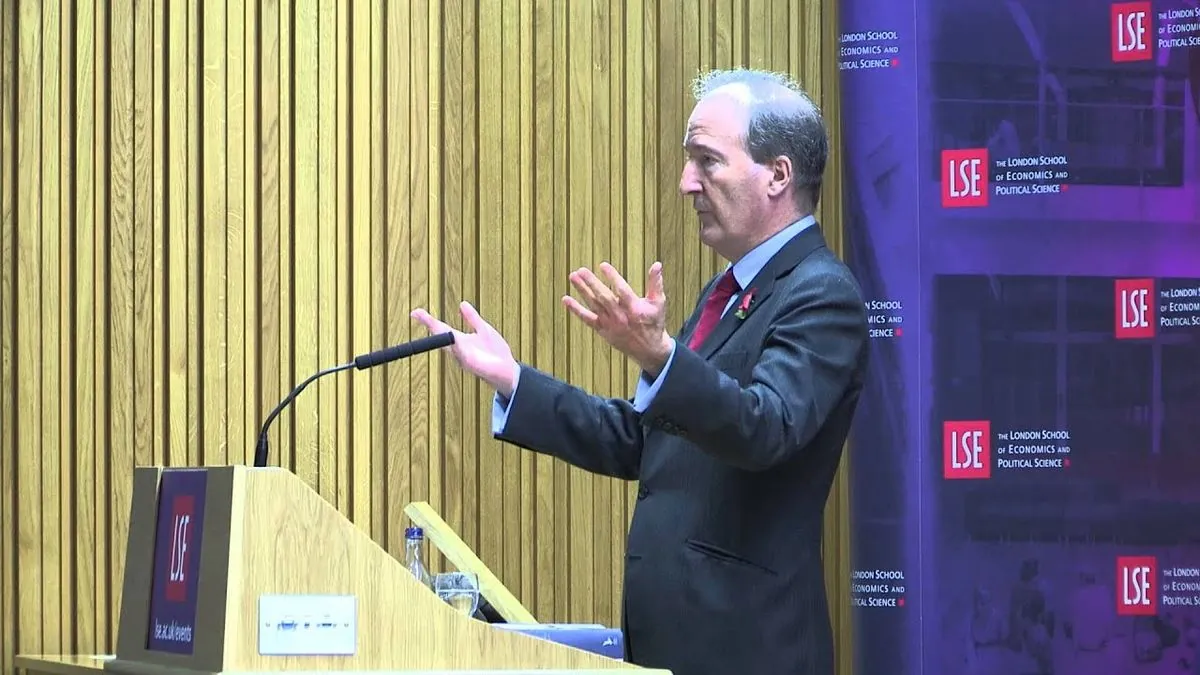Watchdogs Warn: Police Failing to Protect Stalking Victims
Official watchdogs report police inadequacies in handling stalking cases, citing failures in identification, investigation, and prosecution. Urgent action and legislative changes recommended to improve victim protection.

A group of official watchdogs has issued a stark warning about the inadequacy of police responses to stalking cases in England and Wales. The report, released on September 27, 2024, highlights significant shortcomings in the identification, investigation, and prosecution of potentially violent stalkers, leaving victims vulnerable to serious harm.
The investigation, prompted by a super-complaint filed by the Suzy Lamplugh Trust two years ago, revealed alarming gaps in police practices. Despite stalking becoming a specific criminal offense in England and Wales in 2012, the watchdogs found that officers frequently failed to recognize the severity of stalking incidents and the associated risks to victims.
Statistics paint a troubling picture: approximately one in seven individuals aged 16 and over in England and Wales has experienced stalking, yet only 5% of reported cases result in charges. More concerningly, police dropped investigations in 30,000 cases – a quarter of the total – citing "evidential difficulties" despite victim support for prosecution.
The report emphasizes the need for urgent action to improve police response to stalking. It recommends legislative changes to facilitate easier prosecution of stalkers and calls for immediate steps to enhance law enforcement's approach to these crimes. The watchdogs also suggest exploring the use of emerging technologies, such as artificial intelligence, to identify stalking risks early and protect victims.

Stalking Protection Orders (SPOs), introduced in January 2020, are being underutilized according to the report. These orders can ban perpetrators from approaching victims, with a maximum penalty of five years in jail if breached. The watchdogs noted that the "worryingly low" use of SPOs is just one aspect of a broader failure to deploy available protective measures.
The psychological impact of stalking on victims is often underestimated by law enforcement. Stalking can lead to severe anxiety, depression, and post-traumatic stress disorder (PTSD). The report highlights the need for greater empathy and understanding from officers when dealing with stalking cases.
"Sadly, we also saw too many cases where police failed to recognise stalking or take the necessary steps to protect victims – and policing must act now to improve this."
The prevalence of cyberstalking has increased with the rise of social media and digital communication, presenting new challenges for law enforcement. Technology has enabled novel forms of stalking, such as the use of GPS trackers or spyware, requiring police to adapt their investigative techniques.
Stakeholders, including the Suzy Lamplugh Trust and London's Victims Commissioner Claire Waxman, have welcomed the report's findings. They call for a commitment to preventing failures in the handling of stalking cases and urge the government to overhaul legislation to better recognize the severity and impact of this crime.
As the criminal justice system grapples with these challenges, victims are encouraged to report stalking incidents earlier. Sir Andy Marsh, chief executive of the College of Policing, emphasized the importance of early reporting to allow for timely intervention and support.
The findings of this report mark a critical juncture in the fight against stalking. With clear evidence of systemic failures, the onus is now on law enforcement and policymakers to implement meaningful changes to protect victims and bring perpetrators to justice.


































